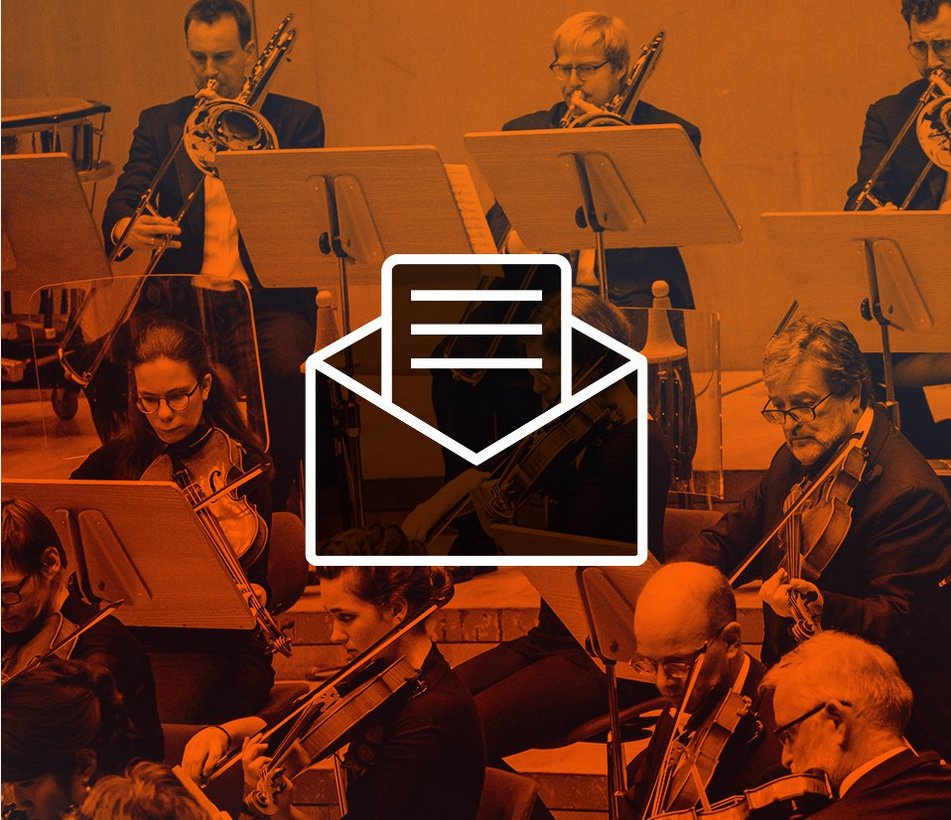Tomás Luis de Victoria
Officium Hebdomadae Sanctae (1585)
Felix Mendelssohn Bartholdy
»Christus« op. 97 (1847)
Richard Wagner
Karfreitagszauber from »Parsifal«, WWV 111 (1882)
Gustav Mahler
»Todtenfeier«
Claudio Monteverdi
»Crucifixus« (1641)
- SWR Vokalensemble
- Gürzenich-Orchester Köln
- Pablo Heras-Casado Conductor
Good Friday – the day of Christ’s death, the high point of Lent, prerequisite for the light of Easter. Music from four centuries and four countries forms a unit full of suspense, building a bridge from the mystical austerity of the 16th century to Gustav Mahler’s question concerning continued existence beyond mortality.
The expressive and at the same time highly complex polyphonic vocal compositions by the Spaniard Tomás Luis de Victoria are among the splendid high points of the musical High Renaissance. These are works that reflect the composer’s profound faith in the stringency of their texture – the composer lived as a priest in the crossfire of the Reformation and Counter-Reformation. Felix Mendelssohn Bartholdy’s oratorio fragment Christus is much more enchanted with narrative and in keeping with enthusiastic piety. Mendelssohn, who rediscovered Johann Sebastian Bach’s St Matthew Passion, invokes Baroque formal requirements: recitatives in which an evangelist narrates the account of the Passion alternate with dramatic choral scenes. Richard Wagner’s Parsifal, this »play for the consecration of the stage« about sin, malediction, wandering and redemption through compassion, revolves around the myth of the Holy Grail, which caught Christ’s blood at his crucifixion. The symphonic interlude »Good Friday Magic« speaks of purification and assurance of salvation. Deeply moved, the young Gustav Mahler wrote after a Parsifal performance in Bayreuth: »I knew that I had experienced supreme greatness and supreme suffering.« Five years later he composed the Todtenfeier as the first movement of his 2nd Symphony.

